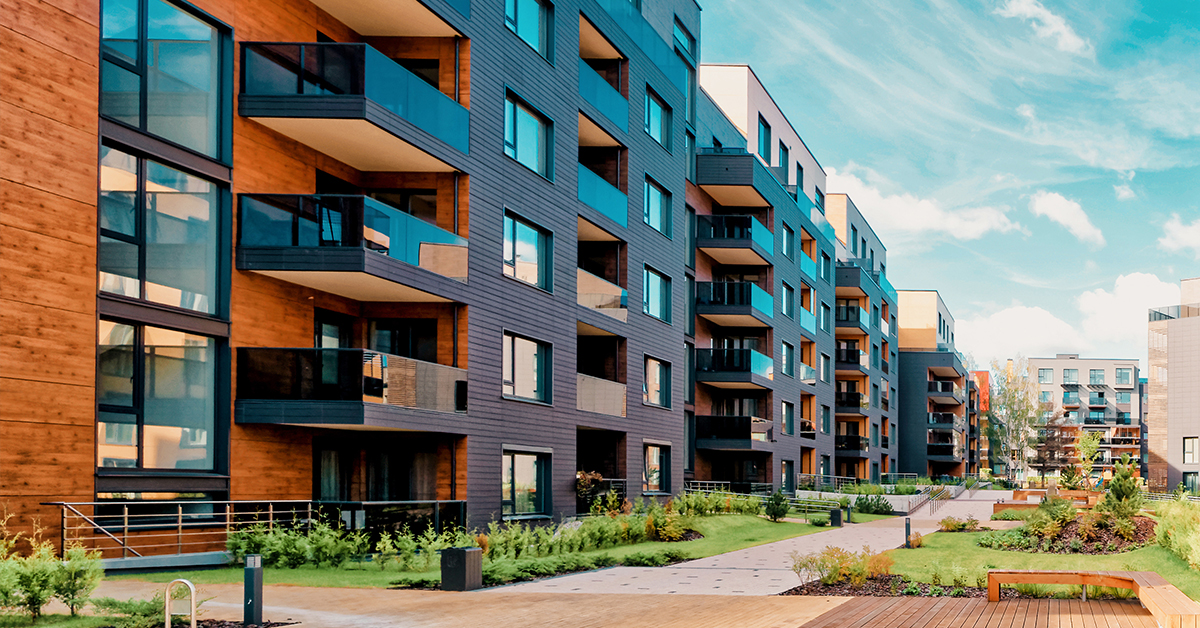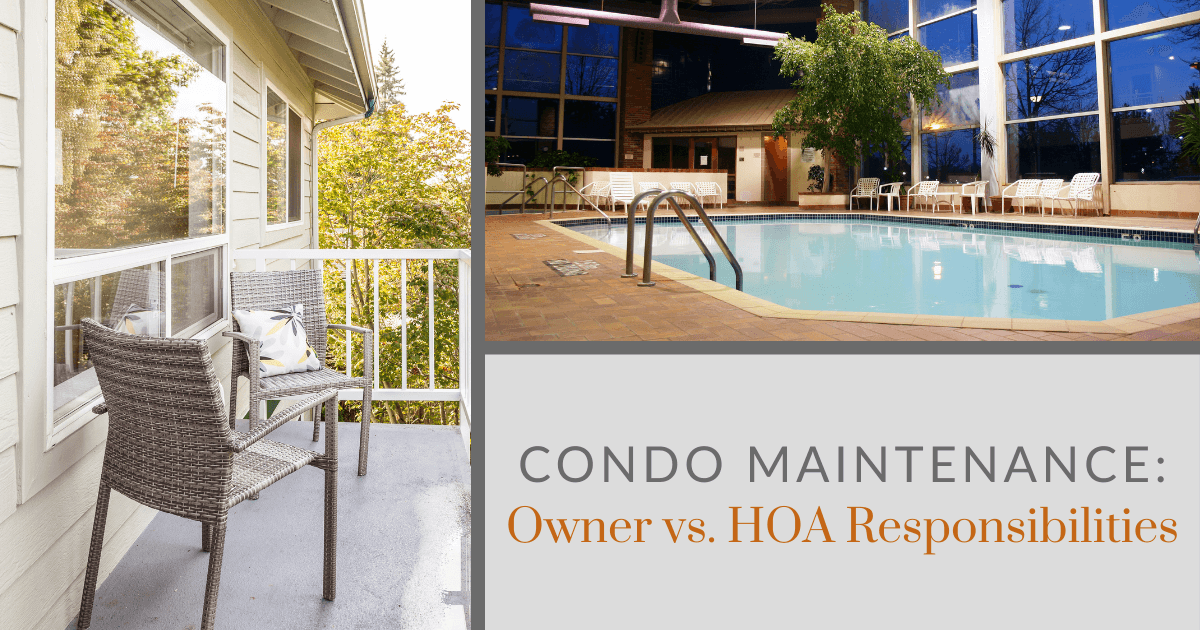The Duty of an HOA in Establishing and Enforcing Community Standards for Locals
The role of a Homeowners Association (HOA) in imposing and developing neighborhood guidelines is essential to maintaining a organized and natural residential atmosphere - hoa condo. By creating clear policies that regulate aspects such as residential property upkeep and neighborhood conduct, the HOA not only sets criteria for citizens however also promotes a sense of belonging and accountability. The implementation of these standards can present various obstacles, increasing questions concerning justness, communication, and area interaction. As we check out these intricacies, it ends up being noticeable that the effect of an HOA prolongs much past simple rule enforcement.
Understanding House Owners Organizations
Homeowners associations (HOAs) offer as governing bodies for residential neighborhoods, playing a critical role in maintaining property worths and promoting a feeling of neighborhood. Normally developed by programmers, HOAs are composed of home owners within a designated area who elect a board to look after the organization's tasks. The primary features of an HOA consist of imposing area guidelines, taking care of typical areas, and arranging area events.
HOAs run under a set of controling files, including constraints, conditions, and covenants (CC&R s), which lay out the rights and obligations of home owners. These laws aim to make sure that residential properties are maintained to a certain requirement, therefore protecting the aesthetic allure and total value of the community. Additionally, HOAs often collect dues from home owners to money maintenance, landscape design, and other social work.
The existence of an HOA can considerably influence the living experience within a neighborhood (hoa condo). While some residents appreciate the organized atmosphere and amenities supplied, others may discover particular guidelines restrictive. Balancing the interests of all property owners is essential for an HOA to operate successfully, making certain that it offers its intended purpose of enhancing community living while respecting specific home owner rights
Establishing Area Guidelines

To start, an HOA needs to carry out surveys or hold meetings that allow citizens to articulate their worries and pointers. This participatory procedure fosters a feeling of ownership and raises compliance. Next, the HOA board have to assess the feedback to recognize usual motifs and concerns that call for formal inclusion in the guidelines.
It is likewise vital to ensure that the guidelines are clear, concise, and quickly recognized. Uncertainties can cause disputes and misconceptions, threatening the purpose of the guidelines. In addition, the standards ought to be detailed, covering different aspects of area living, consisting of home upkeep, noise levels, and use usual areas.
Enforcement of Policies
Efficient enforcement of community rules is important for preserving order and guaranteeing that all locals follow the developed guidelines. An HOA needs to apply a structured method to implement these regulations, which commonly includes a mix of tracking, interaction, and fines for non-compliance.
First, normal examinations and area patrols can aid recognize infractions, making certain that regulations are continually applied throughout the area. This positive tracking allows the HOA to address problems prior to they escalate, promoting a feeling Going Here of accountability amongst locals.
Second, clear interaction is essential. Residents need to be educated of the guidelines and the treatments for reporting violations. An open line of interaction motivates residents to voice issues and seek explanation on guidelines, which can improve conformity.

Last but not least, when offenses occur, the HOA must implement consequences as outlined in the controling documents. By properly applying policies, an HOA can grow an unified living environment that shows the cumulative values of its citizens.
Benefits of HOA Laws
Various advantages occur from the application of HOA laws, which offer to enhance the lifestyle within an area. One key advantage is the upkeep of home worths. By implementing criteria for looks and maintenance, HOAs ensure that homes and typical areas continue to be eye-catching, fostering a preferable living setting that can result in increased home values over time.
Furthermore, HOA regulations promote consistency and uniformity within the neighborhood. This coherence in style and upkeep helps to develop a feeling of belonging among homeowners, adding to area satisfaction and a positive atmosphere. Established guidelines facilitate dispute resolution among next-door neighbors by giving clear expectations and procedures for actions, therefore minimizing disagreements.
Another considerable benefit is the provision of shared features and solutions. Numerous HOAs handle neighborhood centers such as parks, pools, and clubs, which enhance entertainment possibilities for residents. These amenities not only boost the lifestyle but also encourage social communication.
Eventually, the guidelines set forth by an HOA grow an efficient, unified community, ensuring that homeowners appreciate a high standard of living while cultivating an encouraging environment for all house owners.
Typical Challenges Faced by HOAs
Among Website the benefits that property owners associations (HOAs) can give, they also come across a selection of difficulties that can impede their efficiency. Numerous property owners may not take part in conferences or community activities, leading to a separate between the HOA board and citizens.
Another challenge is the enforcement of regulations and policies. Disagreements can emerge when residents feel that enforcement is inconsistent or biased, potentially resulting in conflicts within the community. Furthermore, HOAs frequently face financial restrictions, which can restrict their capacity to keep usual locations or fund neighborhood projects. This that site can produce discontentment amongst homeowners that expect high criteria of maintenance.
Moreover, navigating legal complexities can be discouraging for HOAs. They must guarantee conformity with state regulations while handling their own governing documents, which can be a source of confusion. Last but not least, altering demographics and developing area needs require HOAs to adapt their guidelines, commonly meeting resistance from enduring locals who are accustomed to standard norms. Attending to these challenges is vital for fostering a harmonious and flourishing neighborhood.
Conclusion

By creating clear policies that regulate facets such as building maintenance and neighborhood conduct, the HOA not only establishes standards for locals but additionally cultivates a feeling of belonging and liability.Homeowners associations (HOAs) offer as regulating bodies for property neighborhoods, playing a critical role in preserving residential property values and fostering a sense of neighborhood. Several home owners may not get involved in conferences or community activities, leading to a disconnect between the HOA board and locals. Altering demographics and developing area needs require HOAs to adapt their guidelines, frequently satisfying resistance from enduring citizens that are accustomed to standard norms. Through the growth of clear policies and constant enforcement, HOAs promote residential or commercial property upkeep, neighborhood satisfaction, and depend on among citizens.